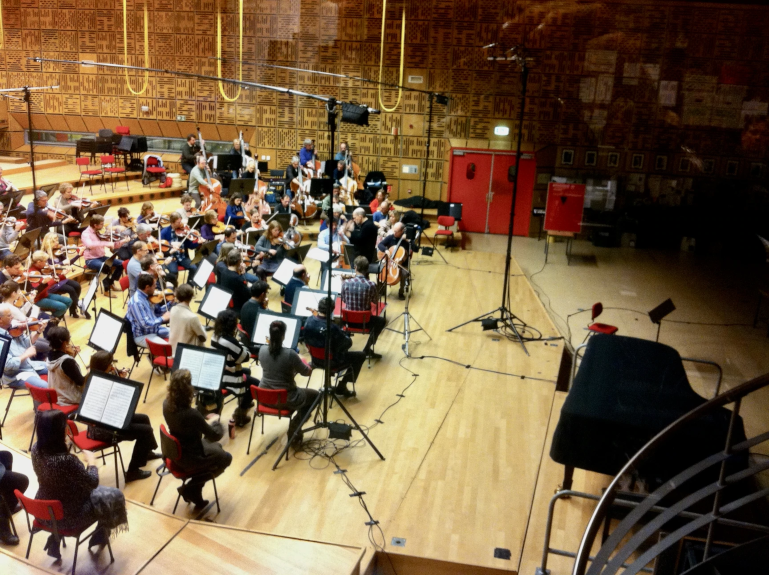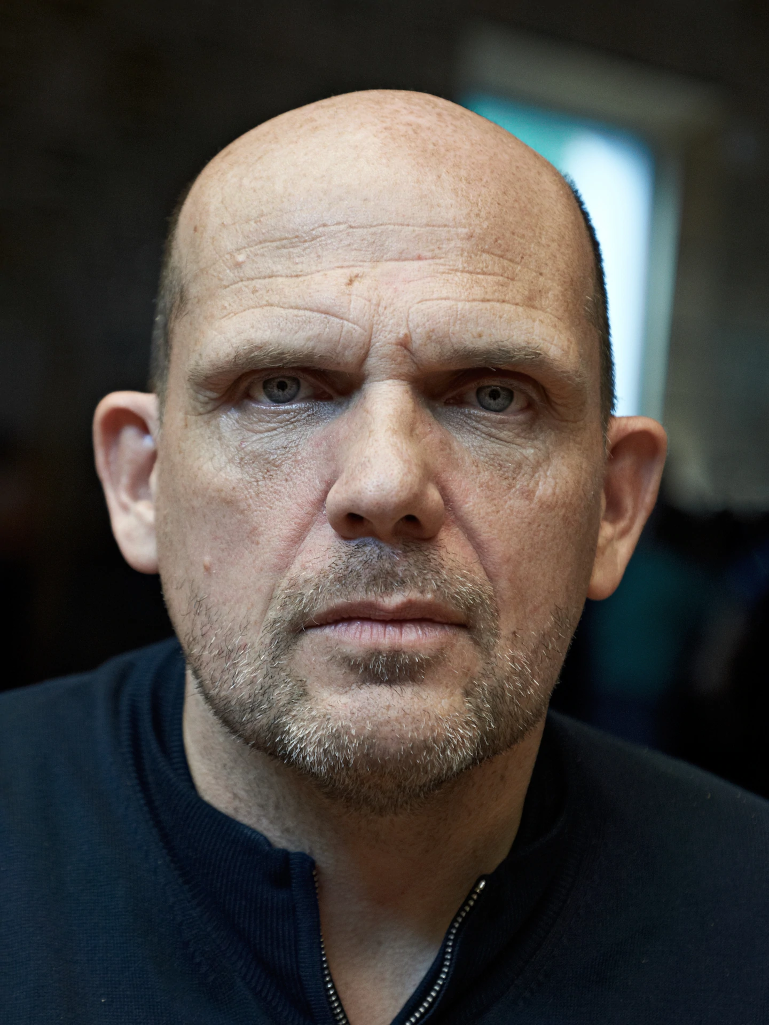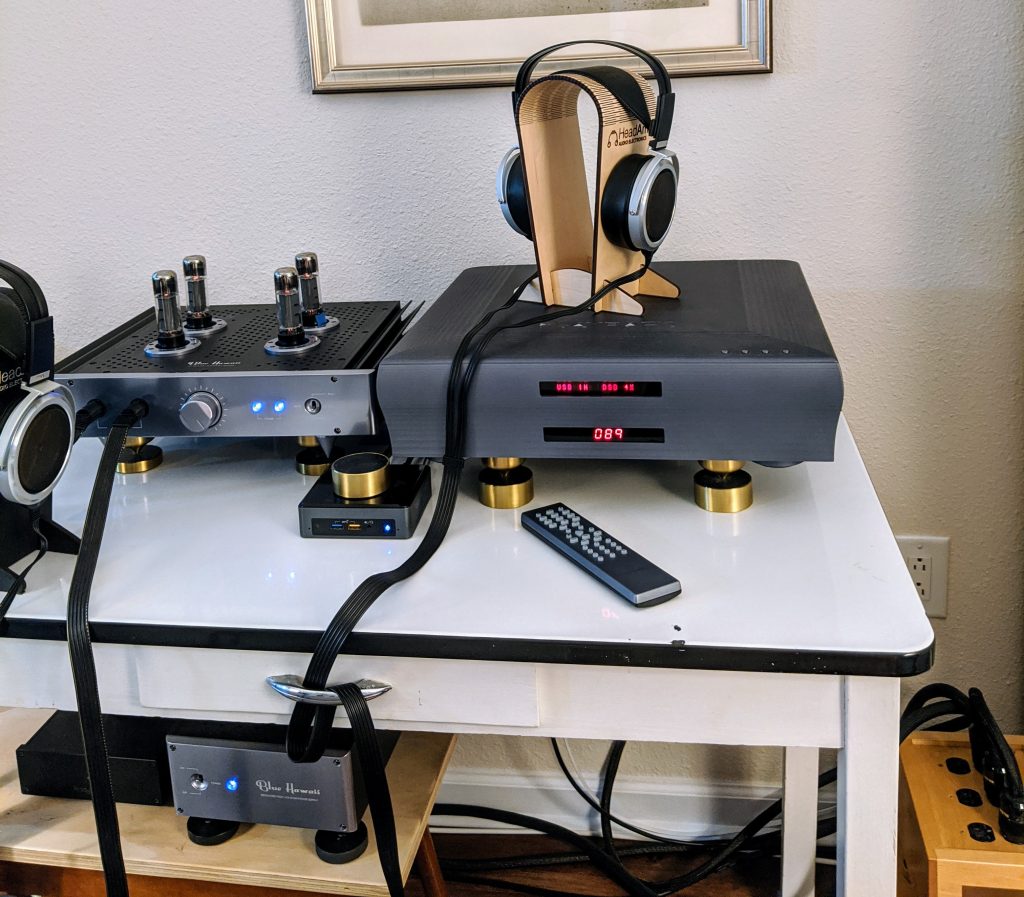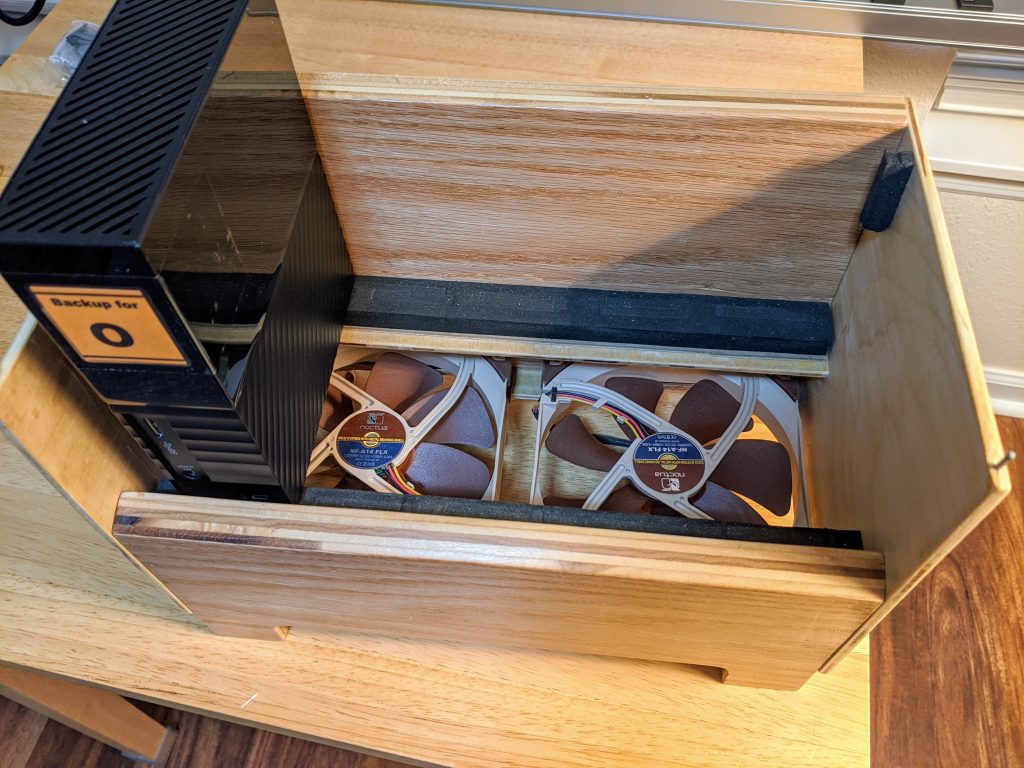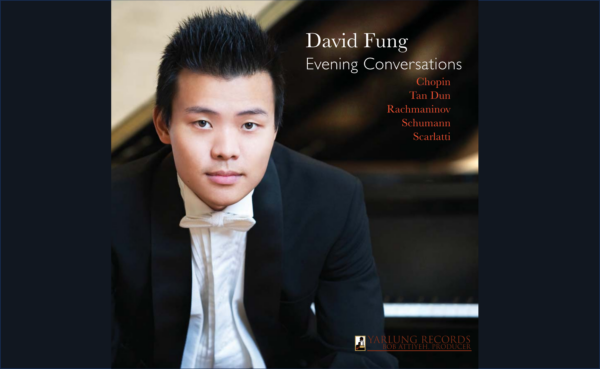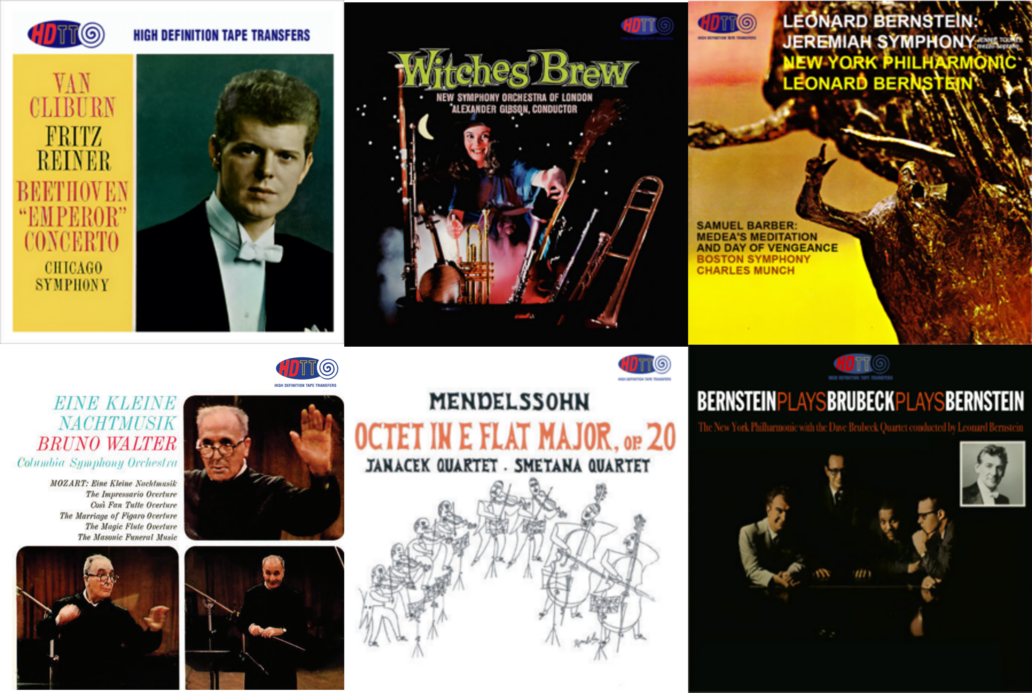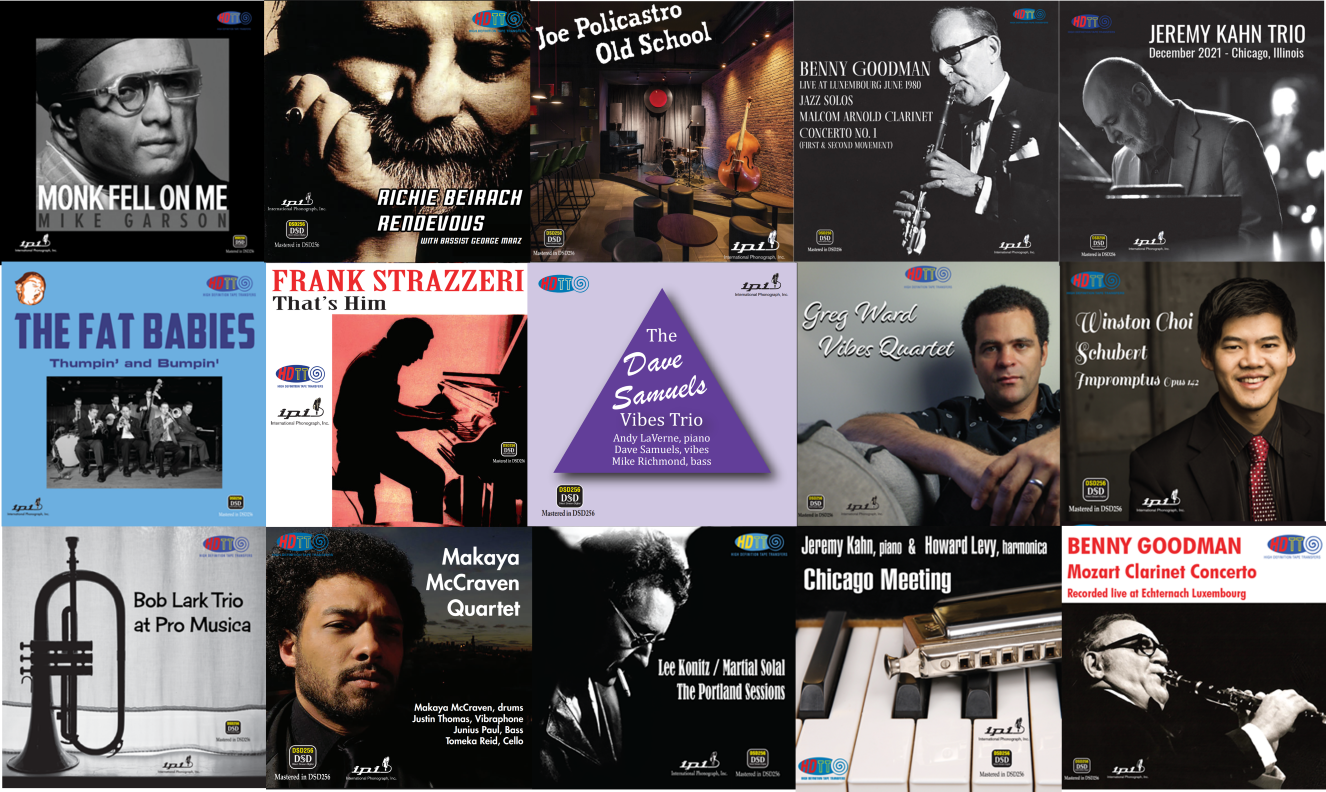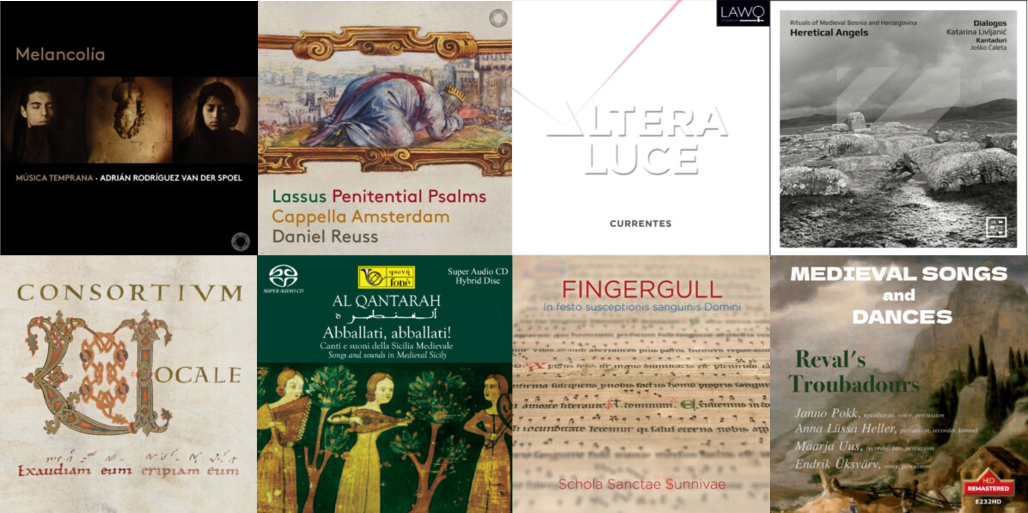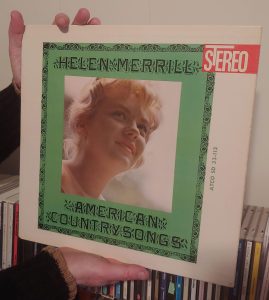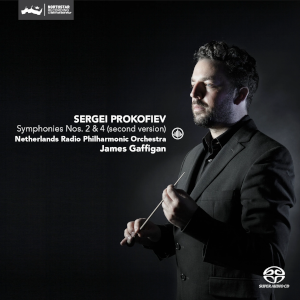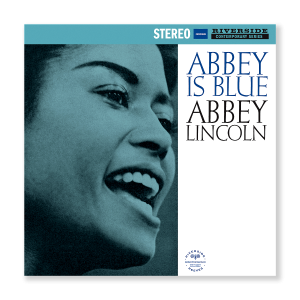The Bruckner symphonies cycle from Jaap van Zweden and the North Netherlands Radio Philharmonic, as recorded by Bert van der Wolf, is a superb accomplishment. It deserves a home in the music libraries of all music lovers—particularly those of us who value Bruckner.
Bruckner Symphonies Nos. 1, 3, 6, and 8, Jaap van Zweden, The North Netherlands Radio Philharmonic. Challenge Classics | Northstar Recording 2012-2015 (DXD) HERE
First, why am I recommending only these four symphonies from what is a complete cycle of all nine? I do so because these are the four symphonies recorded by Bert van der Wolf of Northstar Recording Services. The others in the cycle were not. While the performances throughout are excellent, it is these four symphonies that have the recorded sound quality that truly rises to that exalted level that we, who value sonic excellence in our recordings, seek out. Also, these are the only four of the set available in truly high-resolution file downloads.
And these truly are recordings of superlative sound quality.
What about the music and the performances? Outstanding, as well.
If you know you enjoy the music of Bruckner, I suggest you hurry along and add these to your collection. I think you will be most pleased you did so.
If you're not sure whether you’d like Bruckner and want to just try one (which I highly recommend you do), then you might start with Symphony No. 6 HERE. While the Seventh is Bruckner's most well-known, and certainly a good entry point, it is not among those listed here. The Sixth is an excellent substitute starting point with melodic material, rousing crescendos, and lovely lyrically passages. It contains passages that will stand you up on your chair. Bruckner considered the Sixth his "keckste", which could be understood as cheeky, reckless, foolhardy, dauntless or impetuous. It is a bold, majestic work. All-in-all, it is very approachable and of manageable length.
If you've heard performances by conductor Jaap van Zweden in other repertoire and not been particularly enthralled, you'll need to recalibrate when it comes to his performances of Bruckner. He seems to shine with both Wagner and with Bruckner—as if their music speaks to him in a way the music of some other composers may not.
Van Zweden's Bruckner Third and Sixth performances are outstanding, the Third particularly so. His Bruckner First is bracing.
His Eighth may strike some as somewhat "safe", but I would say this is a deliberate interpretive choice. He allows the music to unfold of its own accord, to breathe. He does not force it. And in doing so he creates a performance of great majesty. Just invest the time to move along with his flow, to allow yourself to sink into the music at the pace van Zweden is choosing to present it. You will be rewarded by the process. In van Zweden's hands, this symphony is rapidly becoming one of my favorites. There is a flow he maintains that makes this work more coherent, more of a consistent whole, than the performances by many other conductors. And for a work of over 75 minutes, this coherence across the entire arc of the work is so important.
Jaap van Zweden currently is Music Director of the New York Philharmonic, a post he began in 2018, and Music Director of the Hong Kong Philharmonic since 2012. Music Director from 2008-2018 of the Dallas Symphony Orchestra where he currently holds the title Conductor Laureate. He has appeared as guest conductor with many other leading orchestras around the globe, among them the Orchestre de Paris, Amsterdam’s Royal Concertgebouw Orchestra, Leipzig Gewandhausorchester, Chicago Symphony, Cleveland Orchestra, Los Angeles Philharmonic, Vienna and Berlin Philharmonics, and the London Symphony Orchestra.
Recording session in Studio MCO 5, Hilversum, Holland. Bert van der Wolf at monitoring station.
In addition to the very fine performances by van Zweden and the NNRP, we are treated here to some of the best recorded orchestral sound available in great recordings. Producer and engineer Bert van der Wolf is on top of his game with his recordings of these performances. The sound is detailed, rich, and dynamic. As usual with his recordings, the orchestra is laid before us in a very natural sounding acoustic with excellent recreation of the soundstage. There is true breadth and depth here, with instruments very specifically located. Brass and tympani have excellent weight and impact—and they come from the rear of the orchestra, thank goodness! Strings have bite but with a lovely extended high frequency in the violins. The inner detail captured on the woodwinds is beauty to behold.
Should I say I am smitten by the quality of the sound? Oh, indeed, yes.
And importantly for my sound preferences, all is captured without the unnecessary spot-microphones used as crutches by other recording engineers. The spot microphones that cause phase problems, messing up imaging, and as these are dialed in and out of the sound field, the similitude of a live performance is utterly destroyed. It is very unnatural sounding to my ears, and very disruptive.
Van der Wolf eschews the spot microphoning by a commitment to taking extra care in microphone placement. Yes, he uses some accent mics where needed. But his choice of microphones and his placement of his main array in the hall is what carries the vast majority of the sound he captures. And the blending of his accent microphones is delicately done—so well so that I never hear them, their use never stands out. One would not know they are in use except to the extent one knows some segments might not have the same clarity of inner detail had not some accent mics been in use. This is excellent engineering with exceptionally perceptive choices being made.
So, forgive me for going on and on about the sound quality in this and many other of my articles. But, as I've commented before, I'm a music lover, not a music critic. And I'm an unashamed audiophile who lives quite often as much for the love of the sound quality as for the music. And when I find both excellence in recorded sound combined with excellence of musical enjoyment, I will get this way.
I hope you will explore the Bruckner symphonies discussed in this article. I believe you will find them all most rewarding.
Highly recommended!
All images courtesy of Northstar Recording Services.





